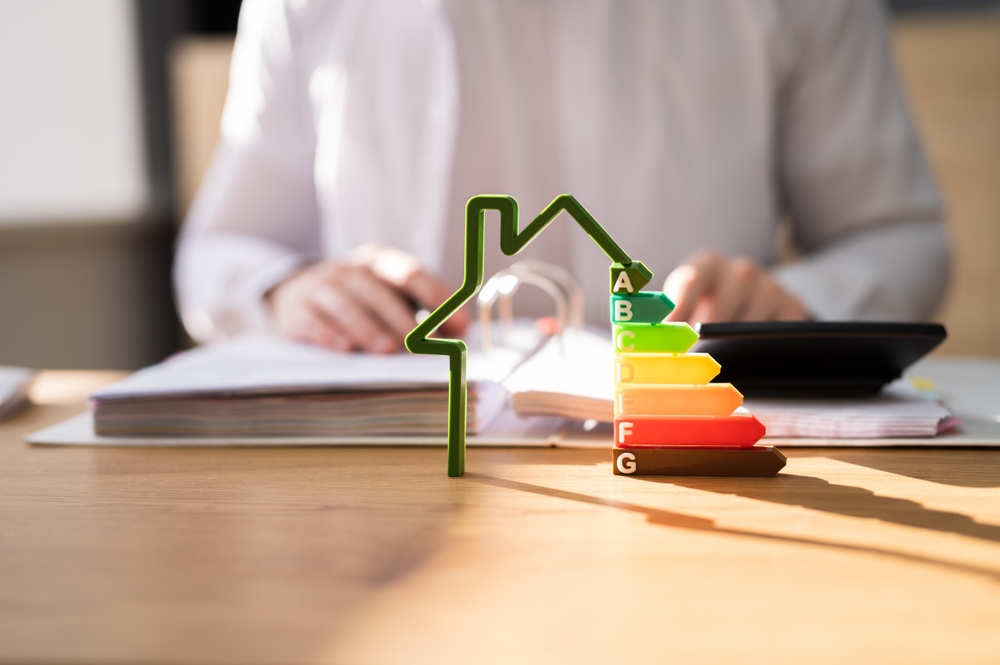BLOG
In 1993, Florida took an important step toward promoting energy efficiency by passing Section 553.996 of the Florida Statutes. This law requires that prospective buyers of real property be informed of their right to obtain an energy-efficient rating for the property they are interested in purchasing. While this law is most often associated with new home sales, it also applies to commercial real estate and any sale involving improved real property. This statute aims to raise awareness about energy efficiency and encourage buyers to make informed decisions about the energy performance of buildings.
What Does The Energy Efficiency Disclosure Law Require?
Section 553.996, Florida Statutes, mandates that before or at the time of executing a contract for sale, the buyer must be notified of their option to obtain an energy-efficiency rating for the property in question. The law provides in relevant part:
“A prospective purchaser of real property with a building for occupancy located thereon shall be provided information at the time of or before the purchaser’s execution of the contract for sale and purchase which notifies the purchaser of the option for an energy-efficiency rating on the building.”
This simple but crucial provision ensures that all buyers are informed of their right to assess how energy-efficient a building is, which could potentially affect their long-term utility costs.
The Importance of Energy-Efficiency Ratings
An energy-efficiency rating evaluates the building’s insulation, heating, cooling, ventilation and other systems that affect energy use. A more energy-efficient building typically results in lower utility bills, reduced environmental impact and can even enhance property value. By providing this disclosure, sellers give buyers the opportunity to consider factors that may impact the building’s long-term operating costs and environmental footprint.
How Is the Disclosure Made?
It is common to see a standardized disclosure statement in real estate contracts in Florida. This disclosure is often brief and may appear in contracts with language similar to the following:
Energy-Efficiency Rating. In accordance with Section 553.996, Florida Statutes, Purchaser is notified that it may have the energy-efficiency rating of the Improvements determined.
This statement, while succinct, is enough to satisfy the statute’s legal requirements. In practice, the energy-efficiency disclosure functions similarly to other mandatory disclosures, such as those related to radon gas under Section 404.056, Florida Statutes. It is a nominal but necessary step that ensures sellers meet their legal obligations.
Application Beyond Residential Sales
While many associate this disclosure requirement with new home sales, it is essential to note that the law applies to all improved real property, including commercial properties. Any transaction involving a building meant for occupancy must include this disclosure, ensuring that all buyers have the opportunity to make energy-efficient decisions, regardless of the type of property.
Conclusion
Florida’s energy-efficiency disclosure requirement under Section 553.996, Florida Statutes, serves a critical role in informing buyers about the potential energy performance of the properties they are considering. While the disclosure itself may seem nominal, its importance cannot be understated. Florida law encourages energy-efficiency assessments and promotes more informed, cost-conscious, and environmentally friendly real estate transactions. Whether buying a new home or a commercial building, ensuring the energy-efficiency rating disclosure in your contract can offer long-term benefits for your wallet and the environment. Don’t hesitate to contact our office for assistance with this or other real estate-related matters.

